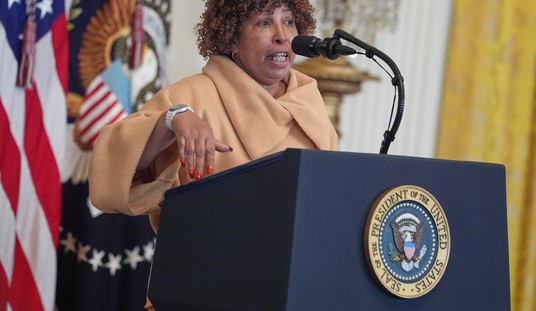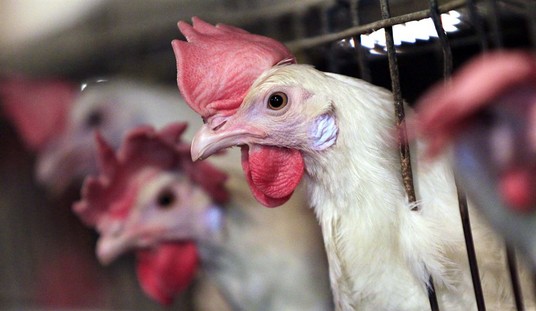Comedy is society’s great disinfectant. It’s responsible for the elimination of sacred cows, making sure we don’t take anyone or any one thing too seriously. Without the ability to laugh at something, it gains too much power and ends up causing society to act beyond foolishly about the given subject.
Case in point, transgenderism was off-limits to comedy and then we got transgender children dancing on stage in New York bars after midnight while people throw money at them.
Woke culture recognizes the dangers it faces in comedy and has made it its mission to draw arbitrary boundaries that comedians can’t pass lest they suffer the wrath of the woke mob and have their careers destroyed and their lives ruined. Cancel culture was a threat looming over all comedians, and it did silence many out of fear successfully. For years, the only jokes that could be told were the ones the woke approved of.
Then Dave Chappelle’s comedy special “Sticks and Stones” was released on Netflix and a shift began. Like a person who had gone a long time without food, finally eating some made them realize how hungry they were. Uncensored comedy began to become more in vogue and people started to voice annoyance about the woke culture holding it back.
The trend began to gain steam, and before you know it you had Ricky Gervais handing it to woke leftists at the Golden Globes, Bill Burr laying down comedy that poked at feminism, and Chappelle even releasing a second special that focused quite a bit on the transgender community. The left did their best to throw as loud a tantrum as possible but the applause from the crowd drowned them out. Comedy is seeing a resurgence and the social authoritarians can’t stop it.
But where does the boundary for good comedy start and where does it end? In a world of uncensored comedy, what can be considered off-limits? It’s a question that was posed to Ricky Gervais who, according to the Wall Street Journal, responded thusly:
No. There’s no subject you shouldn’t joke about. It depends on the joke. As a journalist, there’s nothing you wouldn’t write about. It depends on your angle, right? I think a lot of this pious offense comes from people mistaking the target of the joke with the subject. You can joke about anything, but it depends on what the actual target is. If you use irony and people see that at face value and think you’re saying one thing but you’re actually saying the opposite.
Even the critical thinkers, if it’s a subject that’s personal to them, they can’t see the wood for the trees, they can’t see objectively. People laugh at 19 of the terrible subjects I joke about, but not the 20th because that affects them.
Gervais is absolutely correct. No topic should be off-limits at all. No sacred cow should be allowed to exist, no subject should be privileged enough to go without humorous commentary being sent its way. It keeps the person or thing honest and in a better perspective.
There are forms of comedy that, of course, can go too far. Physical comedy where the recipient is harmed or made undignified is, of course, cruel and violating. That can hardly be considered a comedy, but it happens. A line could be also be drawn where the act begins to directly advocate people to harm a person or group in some way.
But that’s about it. Outside of these harmful things (which are technically illegal anyway) comedy shouldn’t be restrained. It should be allowed to be free to flourish and highlight the ridiculous aspects of our society like it was meant to.
The real comedic boundary should literally stop at the physical harm of others.
Authoritarians may say that jokes about protected groups may lead to harm of said groups but there’s not really any proof of that. Moreover, you’ll notice a lot of those groups only seem to hate it when the jokes target things they find important. The same kind of jokes made against other groups is perfectly fine.
Comedy isn’t just fun, it’s necessary, and we should establish that as a society.














